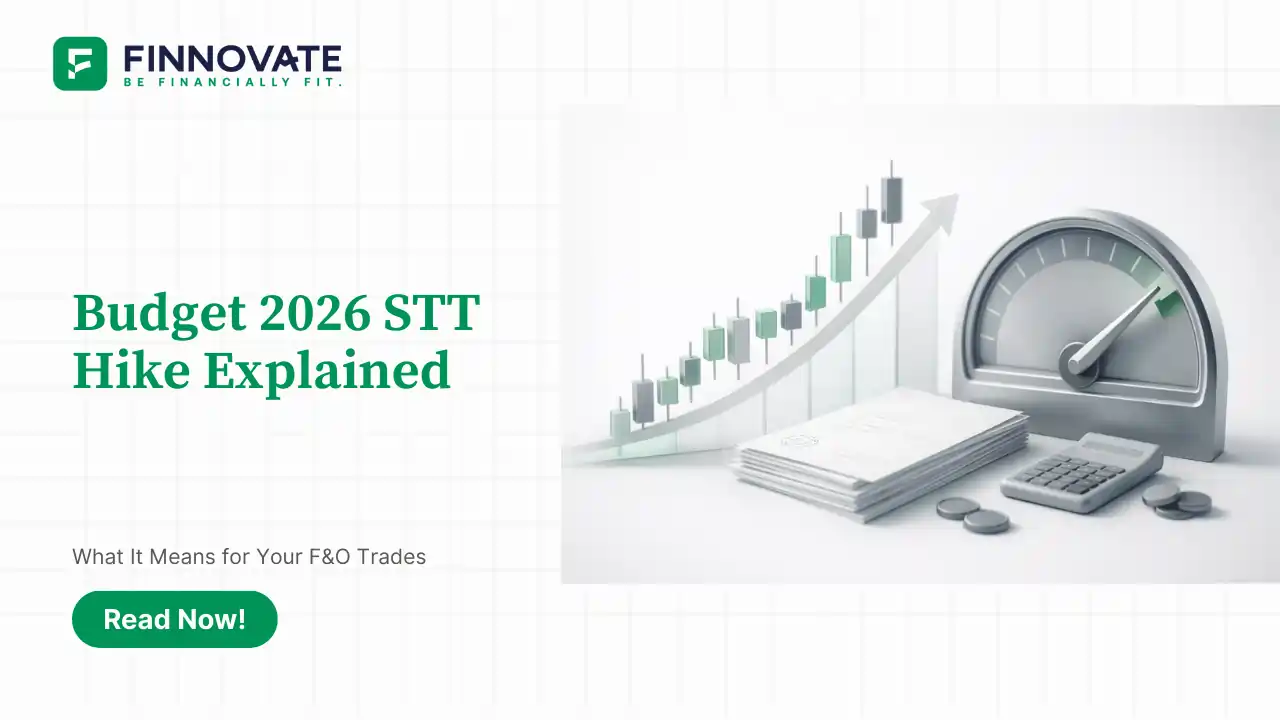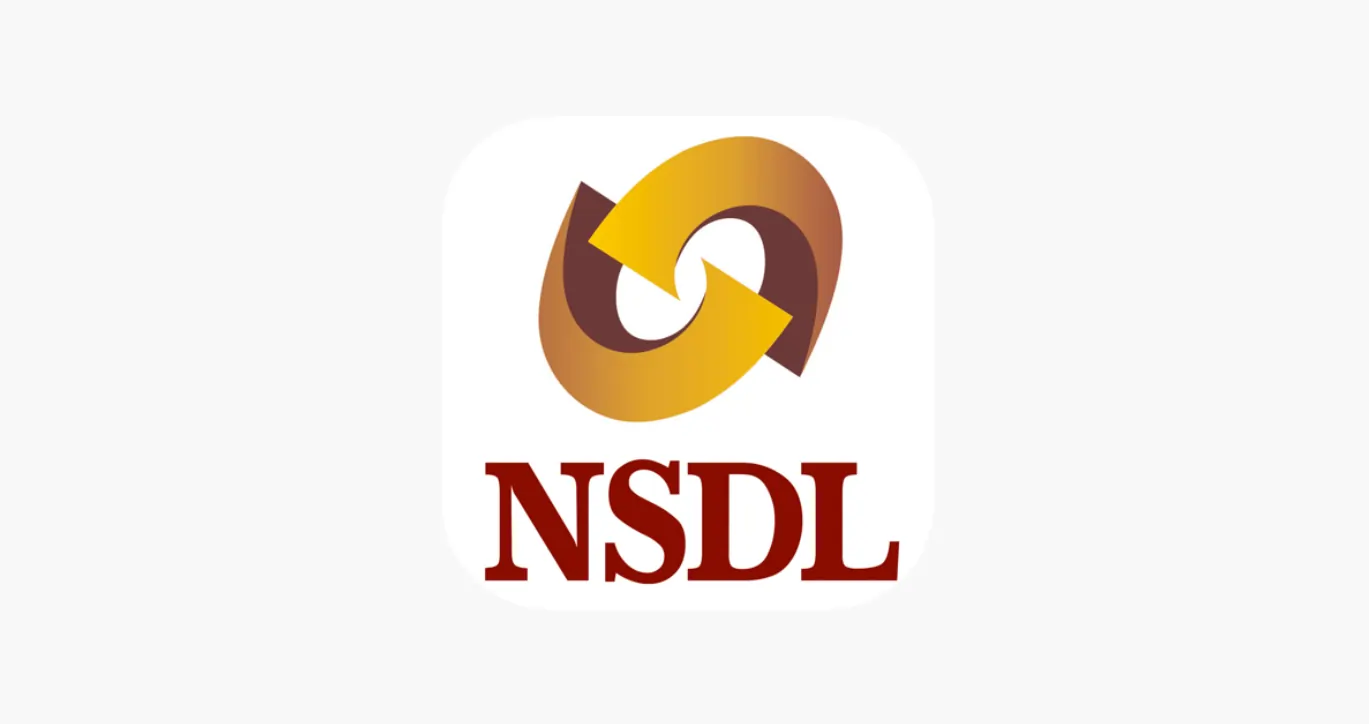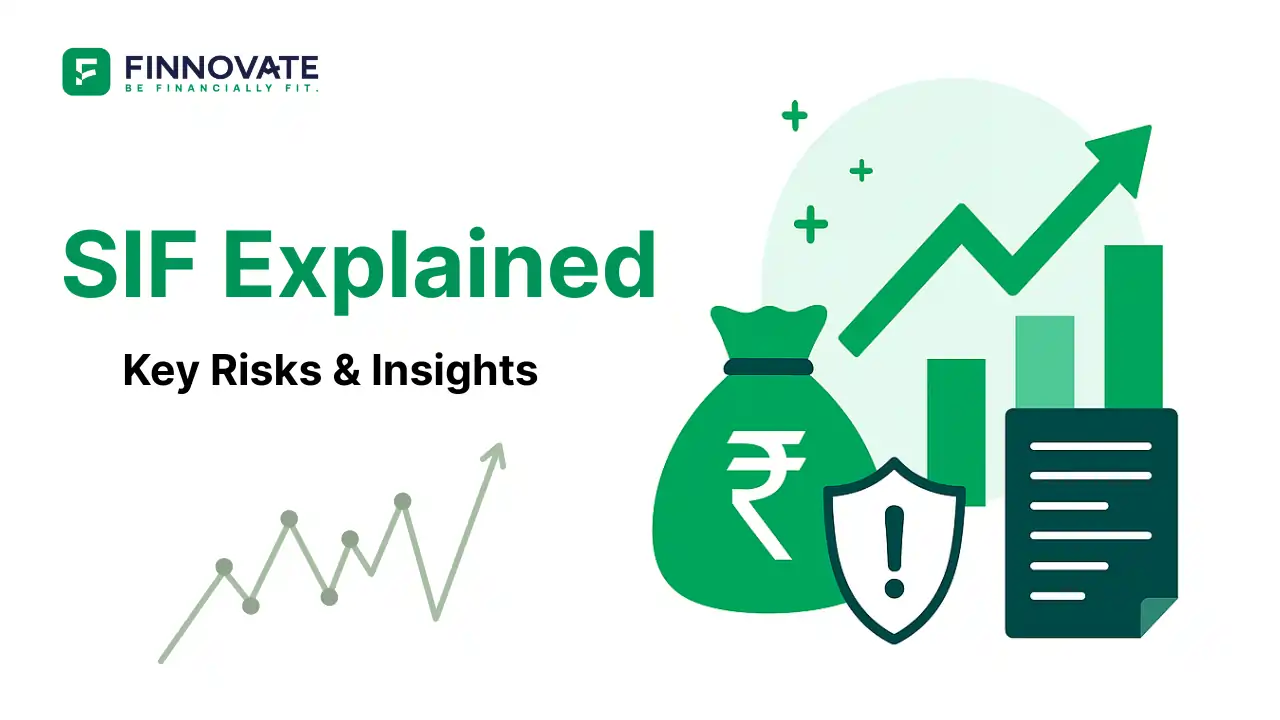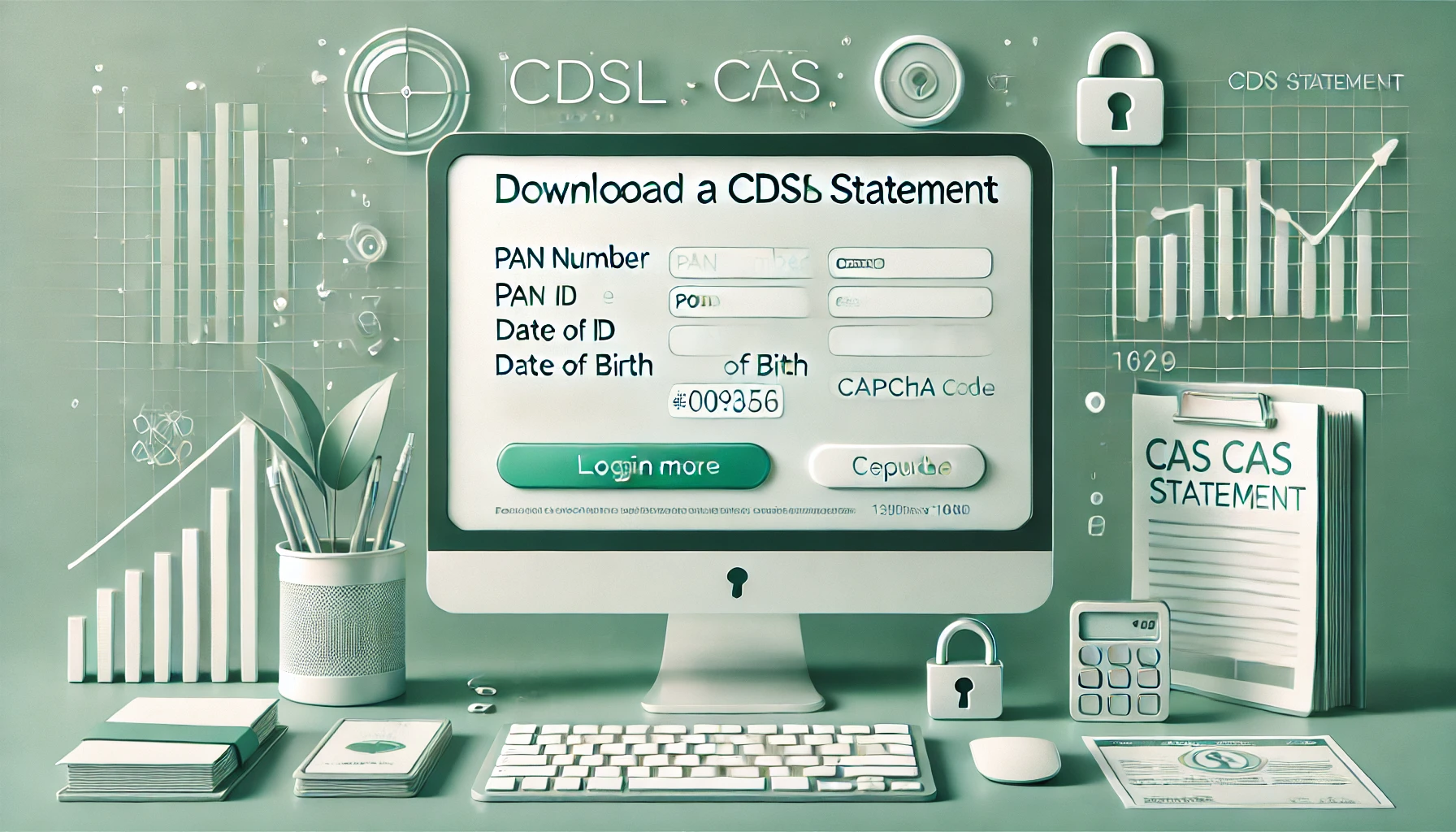
Budget 2026 STT Hike Explained: Impact on F&O Trades in India
Budget 2026 raises STT on futures and options from April 1, 2026. See new rates, rupee imp...
The Indian soft drink market, valued at over $4.6 billion, is no stranger to intense competition. For decades, the turf has been dominated by global giants Coca-Cola and PepsiCo, whose brands became household names post-liberalization. But now, a new challenger with deep pockets and a proven track record in disruption has entered the arena - Reliance Consumer Products Ltd. (RCPL) with its revival of the iconic Campa Cola.
Unlike past attempts by Indian brands that fizzled out in the 90s, RCPL is not a startup - it's a juggernaut backed by Reliance Industries. And this time, it's playing the long game.
Reliance is applying a tried-and-tested strategy from its telecom playbook: aggressive pricing.
While 200 ml and 500 ml bottles of Campa Cola may retail at prices comparable to Pepsi and Coca-Cola, larger bottles - particularly 2-litre packs favored by families - are priced 30% to 40% cheaper than the market leaders.
This isn't just about affordability; it’s about gaining rapid market penetration.
The Indian consumer has consistently shown high price sensitivity. If the success of Jio in telecom or Reliance Retail in FMCG is any indication, RCPL knows the Indian consumer's psyche - and is using it as a wedge to enter homes nationwide.
Where Coke and Pepsi still have a clear advantage is their nationwide distribution network.
While that may seem substantial, Reliance’s retail penetration is just one-sixth that of the cola giants.
However, Reliance has historically shown a willingness to invest aggressively in supply chain infrastructure. With deep integration between JioMart, Reliance Retail, and its wholesale ecosystem, scaling distribution may be a matter of time, not capability.
RCPL is also banking on emotional resonance. By reviving the Campa Cola brand, it’s not just selling a drink - it’s tapping into nostalgia and national pride.
In recent years, there’s been a strong consumer tilt toward brands that champion the “India First” sentiment. RCPL is cleverly positioning Campa as the authentic Indian cola - standing in contrast to foreign-owned rivals.
There’s also a deeper insight here: even Coke’s top-selling products in India - Thums Up and Maaza - were once Indian brands acquired in 1993. In fact, Sprite is the only original Coca-Cola brand among its Indian top three.
This suggests Indian palates still lean toward local flavors, and a homegrown brand like Campa Cola may be better placed to cater to those preferences.
The elephant in the room for all cola companies - domestic or global - is the rising awareness of health risks.
The core cola product is a combination of carbonated water and sugar-laden syrups - a mix that has come under increasing scrutiny from health professionals. Despite this, sales have grown steadily so far. But this may not continue indefinitely.
At some point - as seen with tobacco or plastic bags - regulatory pushback or consumer fatigue could lead to an inflection point where demand for carbonated drinks declines.
Here, RCPL may be better positioned to pivot. Its product lifecycle is still young, and it's not as locked into cola-based products as Pepsi and Coke are. This could allow RCPL to experiment more boldly with health-focused drinks, flavored waters, or low-sugar variants, if the winds shift.
Campa Cola’s re-entry into the Indian market, this time under the Reliance banner, is more than just a product relaunch. It’s a signal that even the most entrenched global brands are not invincible in a rapidly evolving consumer landscape.
While RCPL has a lot of ground to cover - especially in distribution and branding - its pricing power, retail network, nationalistic messaging, and willingness to play the long game could make it a formidable third force.
As the Indian beverage market matures, the next few years may not just be about Pepsi vs Coke - it may well become a three-way contest with Campa Cola leading the Desi charge.
Stay on top of India’s evolving business and investment trends.
Book your free consultation with Finnovate’s experts and decode what these shifts mean for your portfolio.
Disclaimer: This article is for educational and informational purposes only. It does not constitute investment, marketing, or legal advice. All brand names and market positions are based on publicly available information and used here for illustrative purposes.
Popular now

Learn how to easily download your NSDL CAS Statement in PDF format with our step-by-step g...

Explore what Specialised Investment Funds (SIFs) are, their benefits, taxation, minimum in...

Learn How to Download Your CDSL CAS Statement with our step-by-step guide. Easy instructio...

Looking for the best financial freedom books? Here’s a handpicked 2026 reading list with...